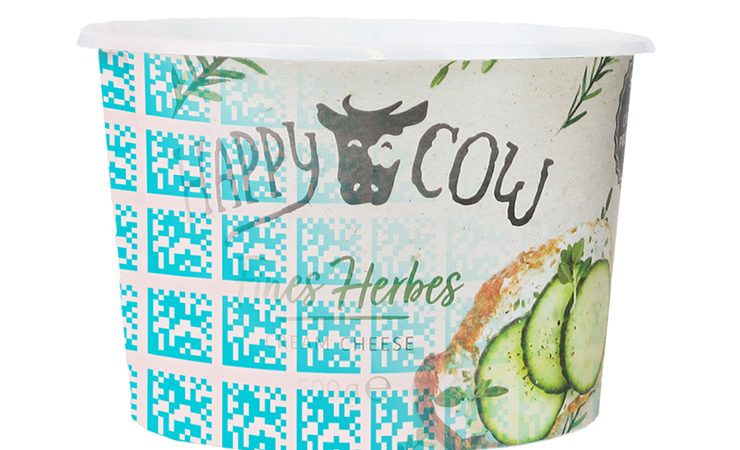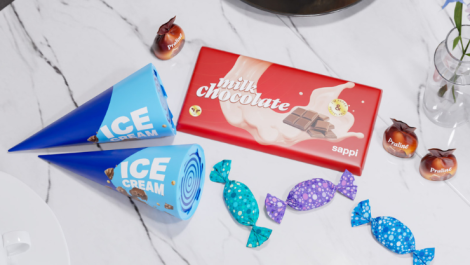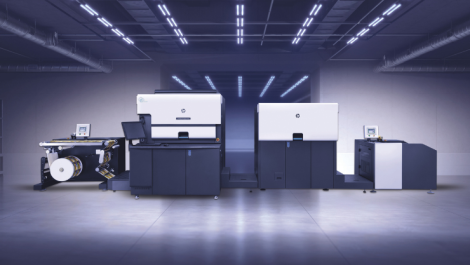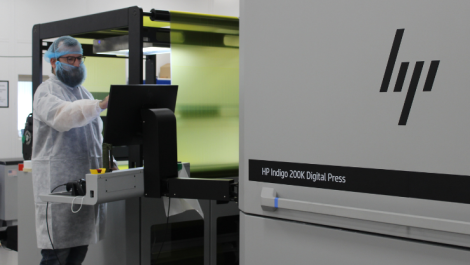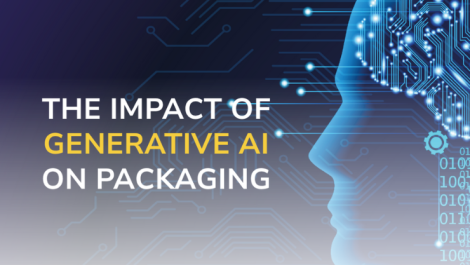A pilot project has been launched with the objective to prove the viability of digital watermarking technologies for accurate sorting and consequently higher quality recycling rates across Europe.
The Digital Watermarks Initiative HolyGrail 2.0 pilot project – facilitated by AIM – the European Brands Association, and the next iteration of the initial HolyGrail project under the Ellen MacArthur Foundation – aims to revolutionise the way waste is sorted and recycled, and to increase the commercial value of waste so that it can be reused again as a resource. This will enable better sorting and higher quality recycling rates for packaging in the EU, thereby driving the move towards a circular economy.
Postage stamp sized watermarks on packaging – which are not visible to the naked eye – are used to effectively sort the material into specific waste streams. While conventional sensor technologies such as near-infrared spectroscopy are not able to reliably identify multi-material packaging, this new technology makes it possible to separate materials more accurately and generate new waste streams, which then can be recycled with enhanced recycling technologies. These digital watermarks also provide other opportunities. For example, consumers can use a smartphone app to find details about the packaging and how to recycle it, and brand owners can add product details as well.
Those backing HolyGrail 2.0 include ABInBev, All4Labels, Amcor, Avery Dennison, CEFLEX, Coca-Cola, Constantia, Danone, Digimarc, Dow, General Mills, Henkel, Kellogg’s, Kraft Heinz, L’Oreal, Mondelez International, Mondi, PepsiCo, P&G, Siegwerk, Stora Enso and Unilever. A total of 85 companies are behind the latest iteration of the project.
As a founding member of the initial HolyGrail project since its inception in 2016, Mondi has and continues to play an active role in validating the technology. This includes running trials with partners across the value chain. Mondi will be conducting full-scale industrial trials with key customers in the near future.
Graeme Smith, head of product sustainability for flexible packaging and engineered materials at Mondi, commented, ‘At Mondi, we believe packaging should be sustainable by design and we see the need to improve the sorting and separation of packaging waste as part of a circular economy. Digital watermarks have the potential to make this a reality. Improved recycling will increase the value of packaging waste, driving higher collection rates and making it a valuable commercial resource for the future.’
Read more about sustainable packaging developments in the July/August issue of Digital Labels & Packaging, and here

